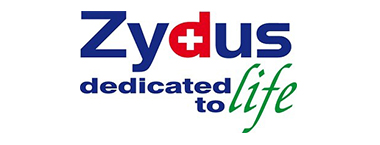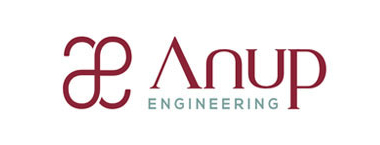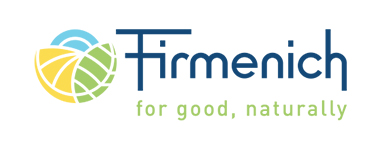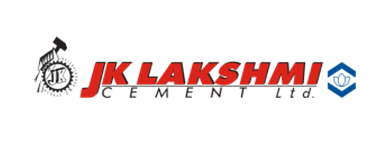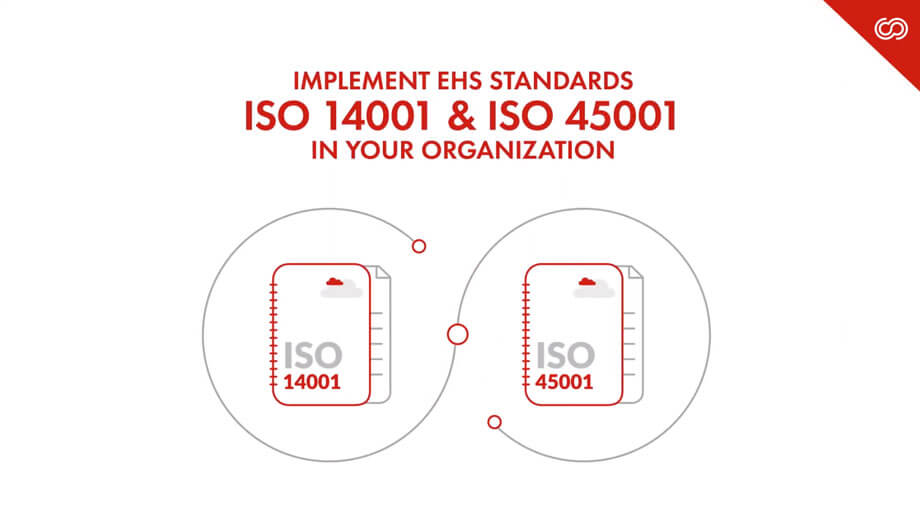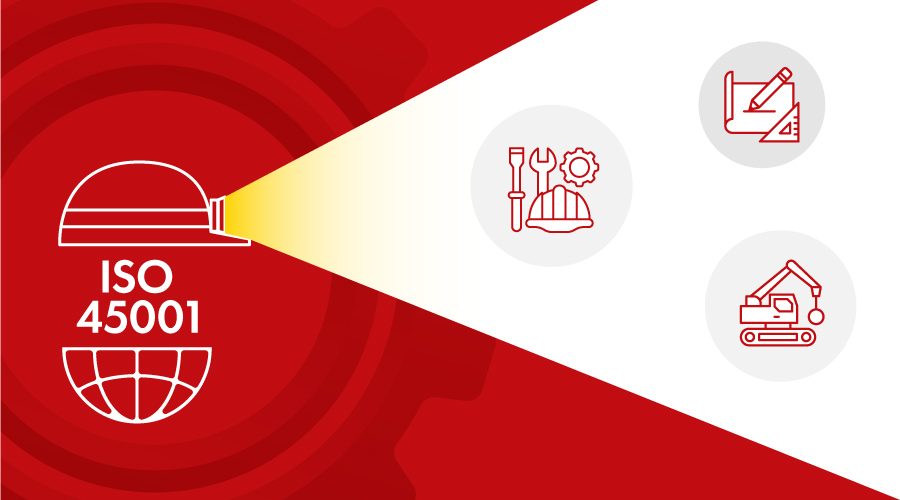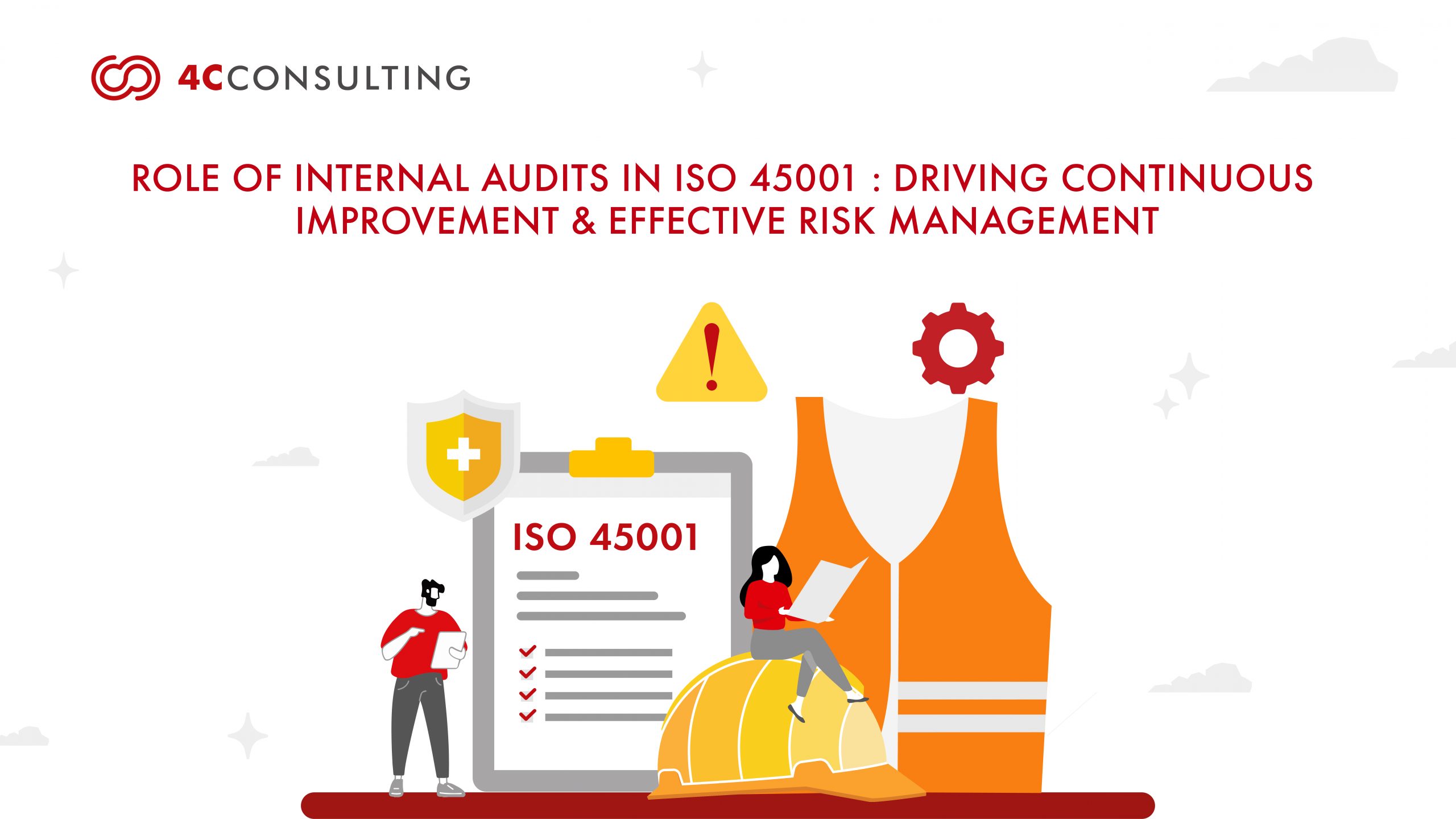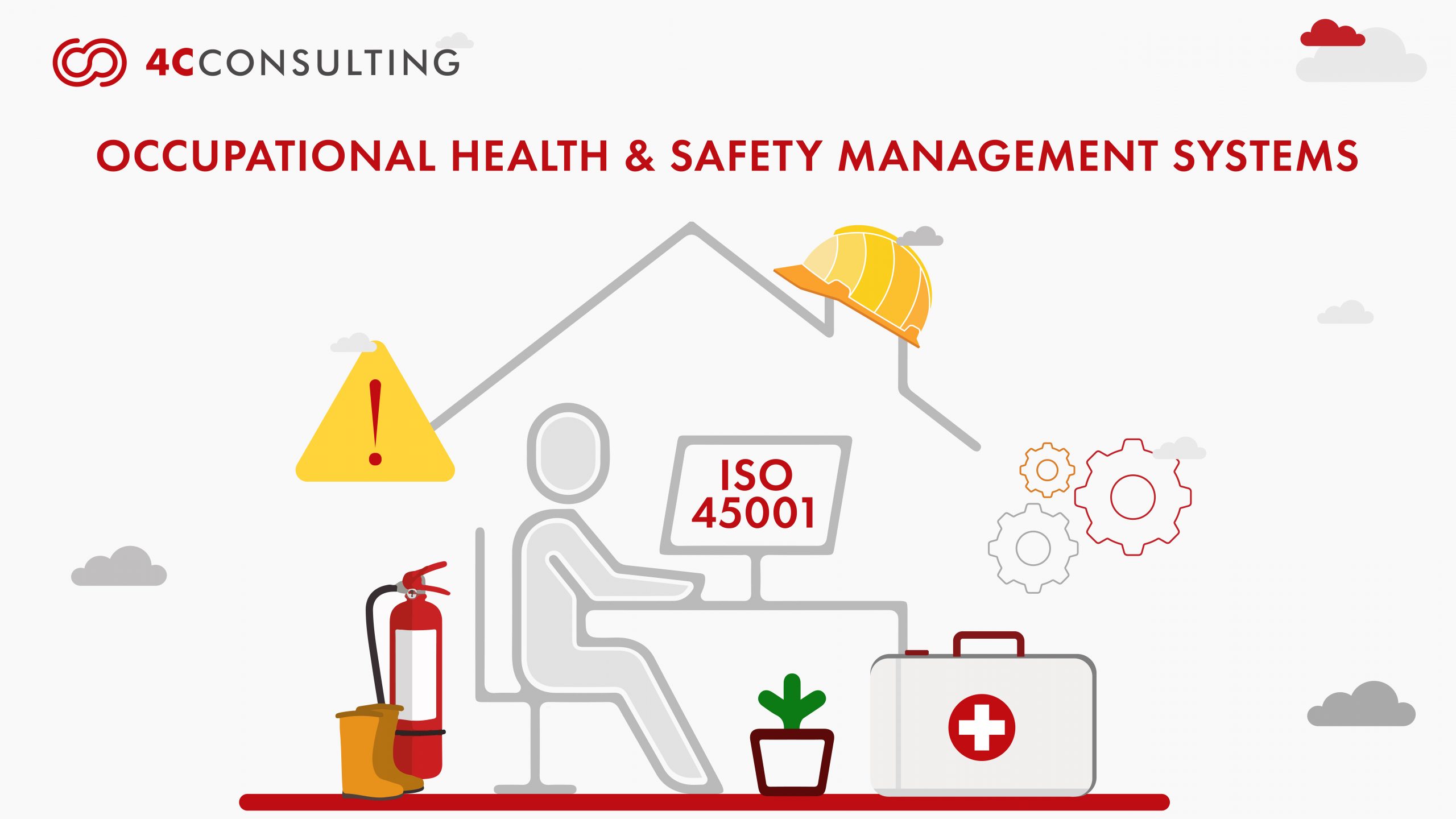
Frequently Asked Questions on ISO 45001
No, it is not legally mandatory. However, for Delhi industries like construction, pharma, logistics and infrastructure, ISO 45001 helps meet statutory obligations under the Factories Act and local labour codes, while demonstrating global compliance to clients and regulators.
Any organization with significant safety risks should adopt it. This includes large construction projects, manufacturing units in Okhla and Bawana, pharma companies, logistics hubs and power plants that need to reduce accidents and show a safety-first culture.
The cost depends on the workforce size, complexity of operations and maturity of safety systems. 4C Consulting provides a free gap assessment to help companies in Delhi estimate their certification investment accurately.
Yes, Our consultants carry out gap analyses to highlight deficiencies in workplace safety, legal compliance and risk management and then provide practical steps for improvement before the certification audit.
Typical documents include a health & safety policy, scope of OHSMS, hazard identification and risk assessment records, legal compliance registers, incident reporting and investigation records, emergency preparedness plans and safety training reports.
Yes, It helps pharma and healthcare organizations manage hazardous materials, chemical handling and occupational health risks while ensuring compliance with both Indian regulations and international buyer requirements.
Yes, We provide end-to-end support covering internal audits, closure of non-conformities, review of documentation and coordination with accredited certification bodies to ensure smooth certification.




